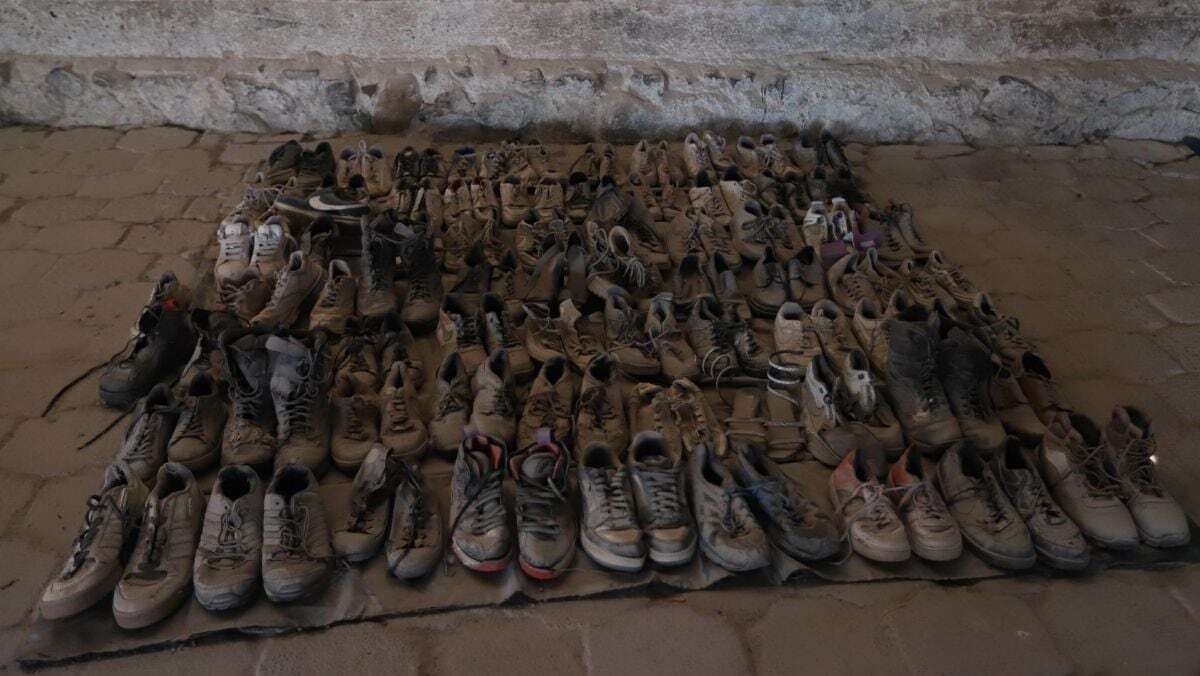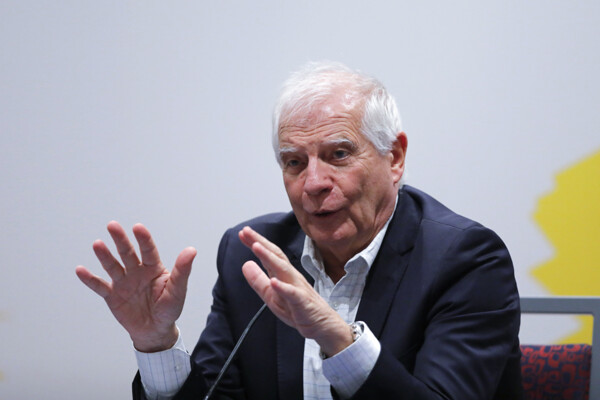
In Mexico, shoes have become a symbol of absolute loss, reminding us of the fragility of life. The violence associated with drug trafficking and organized crime has left more than 400,000 fatal victims in the last two decades in the country, but it seems we have become accustomed to living with horror without flinching.
The recent discovery of clandestine graves and extermination camps near Guadalajara, Jalisco, has highlighted our indifference to the suffering of others. The lack of social and moral response to these findings reflects a society that seems to have lost sensitivity and respect for human life.
The shoes, often violently ripped from their owners, are silent witnesses of tragedies and atrocities. The contrast between social indifference and the resistance of groups like the search collectives for the disappeared underscores the urgency to transform this dynamic and foster active civic awareness.
It is crucial to promote effective and transparent public policies, based on evidence, to address this humanitarian crisis. Additionally, education on human rights should be reinforced from an early age and a culture of peace and empathy should be promoted to combat violence and indifference in society.
The responsibility of the media is fundamental in constructing a narrative that makes visible the harshness of violence and promotes critical reflection among the population. The piled shoes in Jerusalem and the accumulated shoes near Guadalajara serve as a reminder of the lost lives and the pressing need to remember the humanity behind each victim.
The discovery of clandestine graves and extermination camps must serve as a warning to awaken collective consciousness and demand justice and accountability from the corresponding authorities. The resilience of civil society in the face of institutionalized indifference is a ray of hope in the midst of darkness, showing that we can still fight for a more just and humane future.














